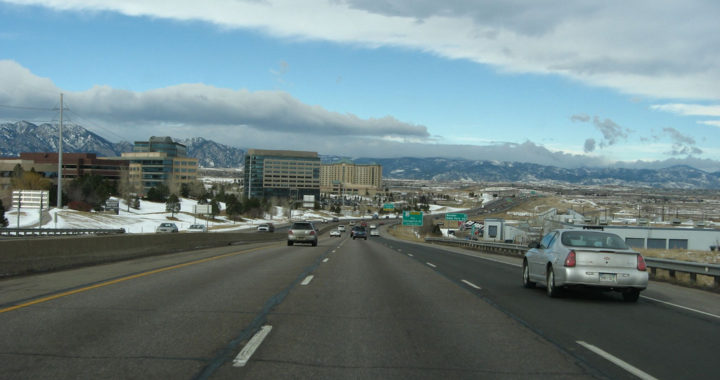In November, the voters of Broomfield, Colorado will be confronted with another initiative designed to stymie production of future oil and gas projects in the area. Ballot Question 301 is a controversial amendment to Broomfield’s home rule charter that would place unprecedented control of oil and gas development in the hands of the Broomfield city council.
Question 301 asserts that oil and gas development in Broomfield should “only occur in a manner that does not adversely impact the health, safety and welfare of Broomfield’s residents in their workplaces, their homes, their schools, and public parks.” Though it sounds innocuous enough, Question 301 has troubling implications for the people and the economy of Broomfield.
Question 301 Is Divisive at Its Core
Those anti-fracking crusaders who actively support Question 301 will have voters believe that their support is based on the health and safety of the community. Passage of Question 301 may prove the exact opposite, however.
As The Denver Post pointed out on October 17, the approval of 301 would likely drive a deep wedge between the oil and gas industry and the community around it. The result would be a strain on any possibility for cooperation down the road.
The Image of the ‘Evil’ Oil Giant Is a Myth
The spirit of Question 301 is based on the anti-fracking opponents’ belief that the oil and gas industry is absolutely unwilling to work with residents to find an agreeable solution that allows for safe and productive oil and gas production. That simply isn’t true.
One energy company that’s active in the Broomfield area, Extraction Oil and Gas, have proven extremely receptive to community concerns. For its upcoming project in northern Broomfield, Extraction has agreeably (and repeatedly) whittled its expected number of rigs down to just 84, more than thirty fewer than originally planned. The company also agreed to an extensive list of restrictions in order to satisfy the concerns of locals.
Those aren’t the actions of a company that’s focused solely on their profit margin.
Even if it Passes, It’ll Get Challenged, and Likely Overturned
Should the citizens of Broomfield come out in support of Question 301, they’ll find that the Colorado Supreme Court has precedent for striking down similar attempts to wrest control of oil and gas development from the state. Take Longmont’s failed attempt at a fracking prohibition last year.
What’s more, any attempt to battle for or against Question 301 will end up costing the taxpayers thousands of dollars in legal fees, no matter what happens.
There’s Already an Open Line of Communication, Let’s Use It
Thanks to very vocal opposition to fracking at every level, the relationship between the energy industry and the citizens it supports is a fragile thing. Legislation like Question 301 simply destabilize that relationship further because it looks to seize control of the process rather than stimulate cooperation between experts and the people who live and work in the neighborhoods that surround projects.
Simply put, the animosity that fracking opponents see in the oil and gas industry simply doesn’t exist. Ballot initiatives like Question 301 aren’t necessary. As innocent as the legislation seems, the potential for harm is great should it pass.

